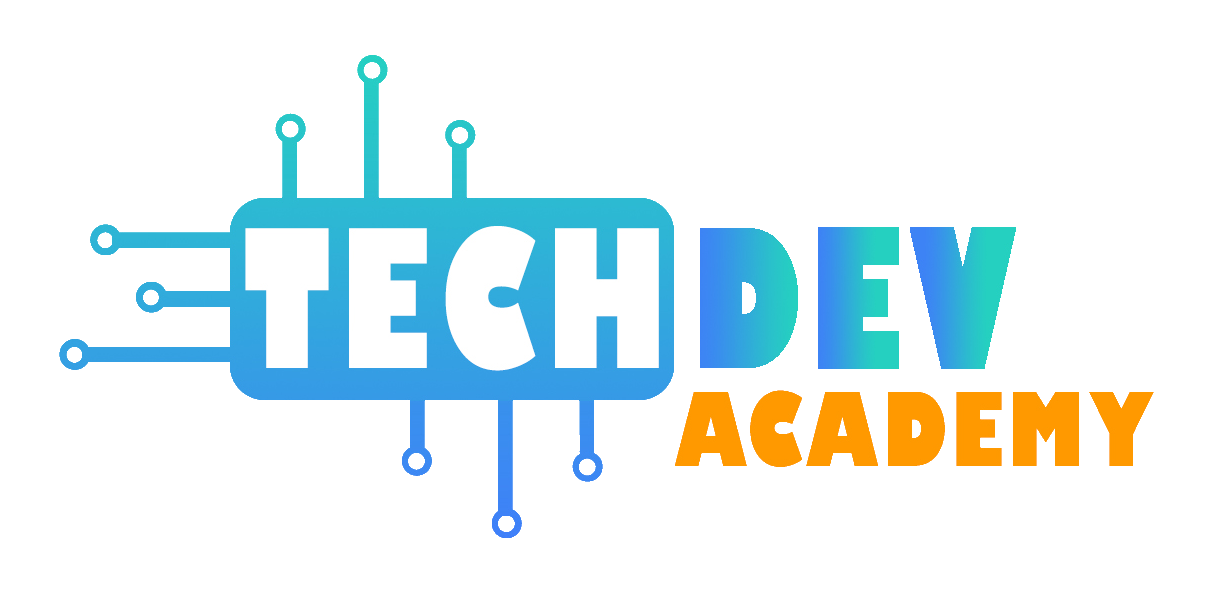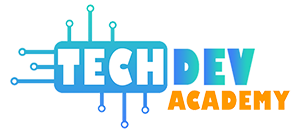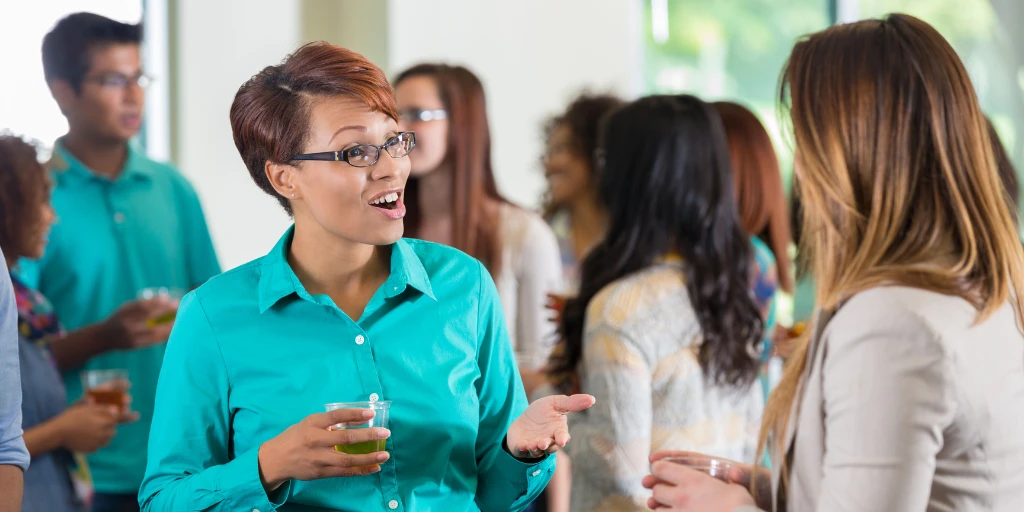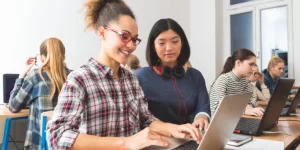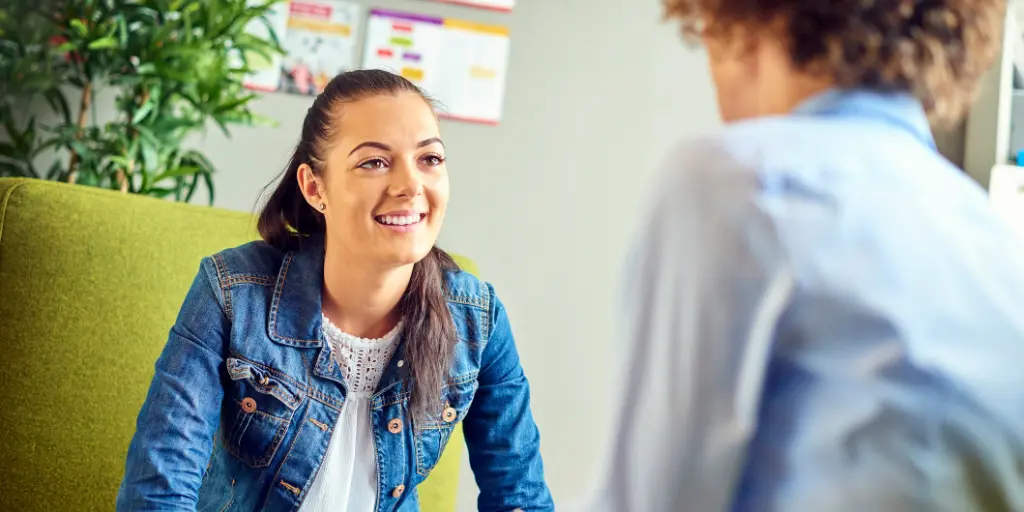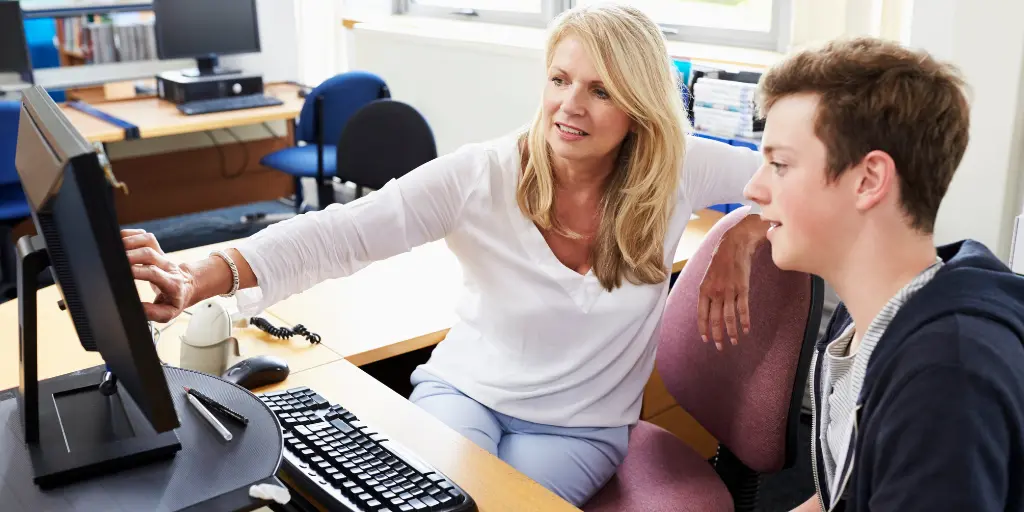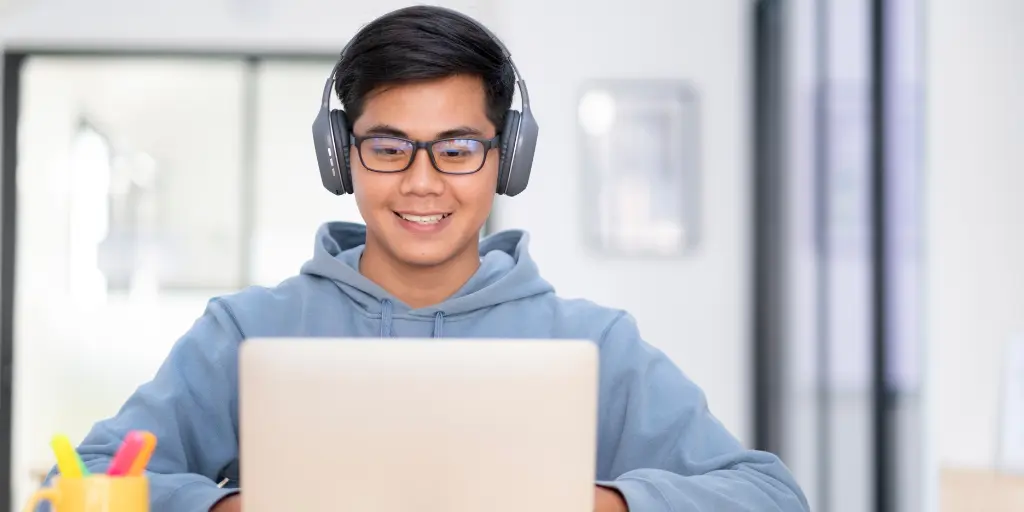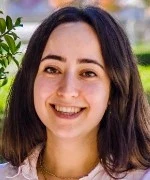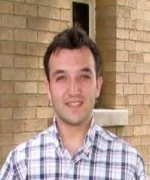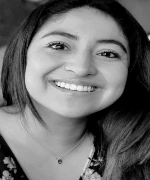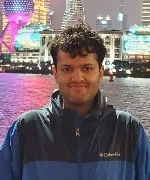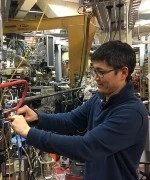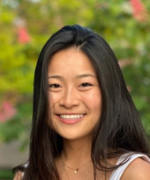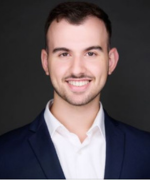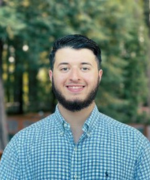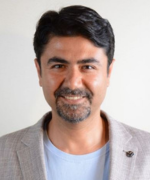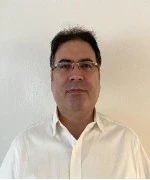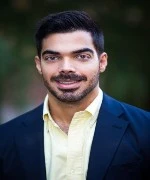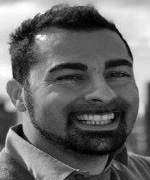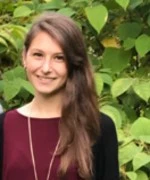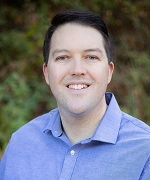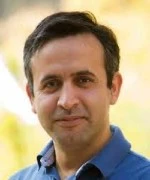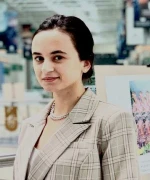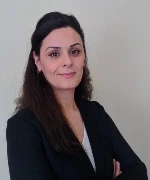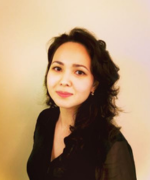The Importance of Networking in College Admissions
Getting into college can be a challenging process, and while academic achievements such as grades and test scores are essential, they are not the only factors that matter. In today’s highly competitive landscape, networking has become a vital tool for students looking to increase their chances of getting into their desired college.
Networking can offer several benefits to students, including access to valuable advice and insights from people who have already navigated the college admissions process. Alumni from the schools a student is applying to can provide useful information about the application process and what admissions committees look for in a candidate. They may also provide a letter of recommendation to strengthen a student’s application.
Networking can also give students information about colleges they’re considering. By speaking with people who’ve attended or are currently attending a particular school, students can learn about academic programs, campus culture, and career opportunities available. This information can help students make informed decisions about where to apply and increase their chances of acceptance.
To benefit from networking opportunities, students need to actively seek them out. Attending college fairs, career fairs, and other events is an excellent way to meet potential contacts. They should also reach out to people who can provide guidance and support, like alumni from their desired school or professionals in their desired field. It’s crucial to stay in touch with these contacts and keep them updated throughout the college admissions process.
Networking can also be valuable beyond the admissions process. Once accepted into college, students can continue to build their network by joining clubs and organizations related to their academic and career goals. This can offer opportunities to connect with people who can provide support and guidance throughout their college experience.
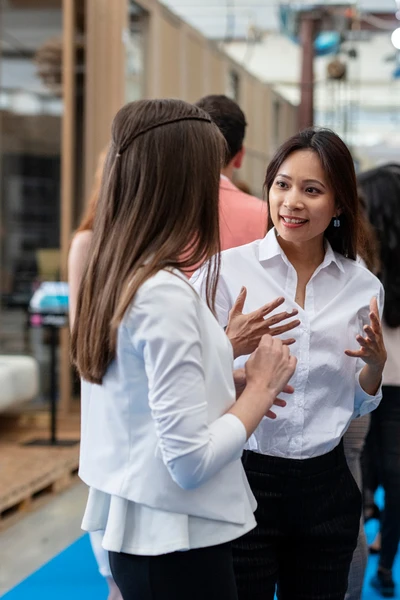
In addition, networking can provide students with access to job and internship opportunities that they may not have known about otherwise. By connecting with professionals in their desired field, students can gain insights into the job market and build relationships that may lead to future employment opportunities.
Networking is not just about making connections; it’s about building relationships. Students should approach networking with a sincere interest in the people they meet and a willingness to help others as well. This approach can help them establish lasting relationships that will benefit them throughout their academic and professional careers.
One effective way to build a network is by using social media. Platforms like LinkedIn, Twitter, and Facebook can help students connect with alumni, professionals, and other students who share similar interests. By regularly engaging with their network and sharing their accomplishments, students can keep their contacts updated on their progress and stay top of mind for potential opportunities.
It’s essential to remember that networking is an ongoing process that requires time and effort. Students should actively seek out opportunities to network and be willing to put in the work to build and maintain their relationships.
Another way that networking can benefit students is by helping them develop important skills, such as communication, interpersonal, and leadership skills. By engaging in conversations with alumni, professionals, and peers, students can learn how to effectively communicate and build rapport with others. Joining clubs and organizations can also help students develop leadership skills by giving them opportunities to take on leadership roles and work with teams. These skills are not only valuable during the college admissions process and throughout college, but also in future careers. Networking can provide a valuable opportunity for students to develop these skills and set themselves up for success in the future.
In summary, networking is a crucial element of the college admissions process and beyond. By building relationships with people who can offer guidance and support, students can increase their chances of getting into their dream school and gain valuable insights into their academic and career goals. To make the most of networking opportunities, students should actively seek them out, stay in touch with their contacts, and approach networking with a genuine interest in building relationships. By doing so, students can set themselves up for success both during and after college.
